Potato Printing and Manual Script
There are two options for task 4, and I find both very interesting. I wanted to try to complete both by:
- creating the potato prints
- writing my reflection by hand
- reviewing my manual production of text and answering the questions in my post
The Potato Printing
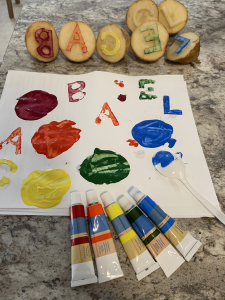 I had carefully picked five potatoes of similar sizes but soon realized that I only needed five “half” of a potato. Thanks to my inaccurate calculation, I had extra when I realized I carved all letters in the way we would read them, not their mirror image. It was such a fun thing to do because the last time I did a stamp on a carrot was about two decades ago, so I didn’t mind having to do a few more. I also used the back of a spoon to spread out the paint because I don’t have a fancy roller as shown in the video (Danny Cooke Freelance Filmmaker, 2014, 2:30).
I had carefully picked five potatoes of similar sizes but soon realized that I only needed five “half” of a potato. Thanks to my inaccurate calculation, I had extra when I realized I carved all letters in the way we would read them, not their mirror image. It was such a fun thing to do because the last time I did a stamp on a carrot was about two decades ago, so I didn’t mind having to do a few more. I also used the back of a spoon to spread out the paint because I don’t have a fancy roller as shown in the video (Danny Cooke Freelance Filmmaker, 2014, 2:30).
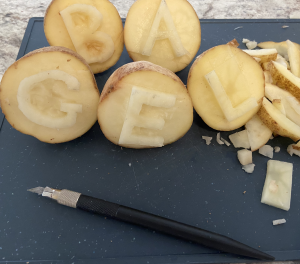 The B and G were so tricky to do, and I had to “borrow” the particular kind of knife from my husband.
The B and G were so tricky to do, and I had to “borrow” the particular kind of knife from my husband.
I thought of using stencils if I needed to make more potato stamps, which makes me curious about how the models used to make the metal letters for printing that we saw in the video (juniper,2015) were made, especially those with curves.
The Manual Script
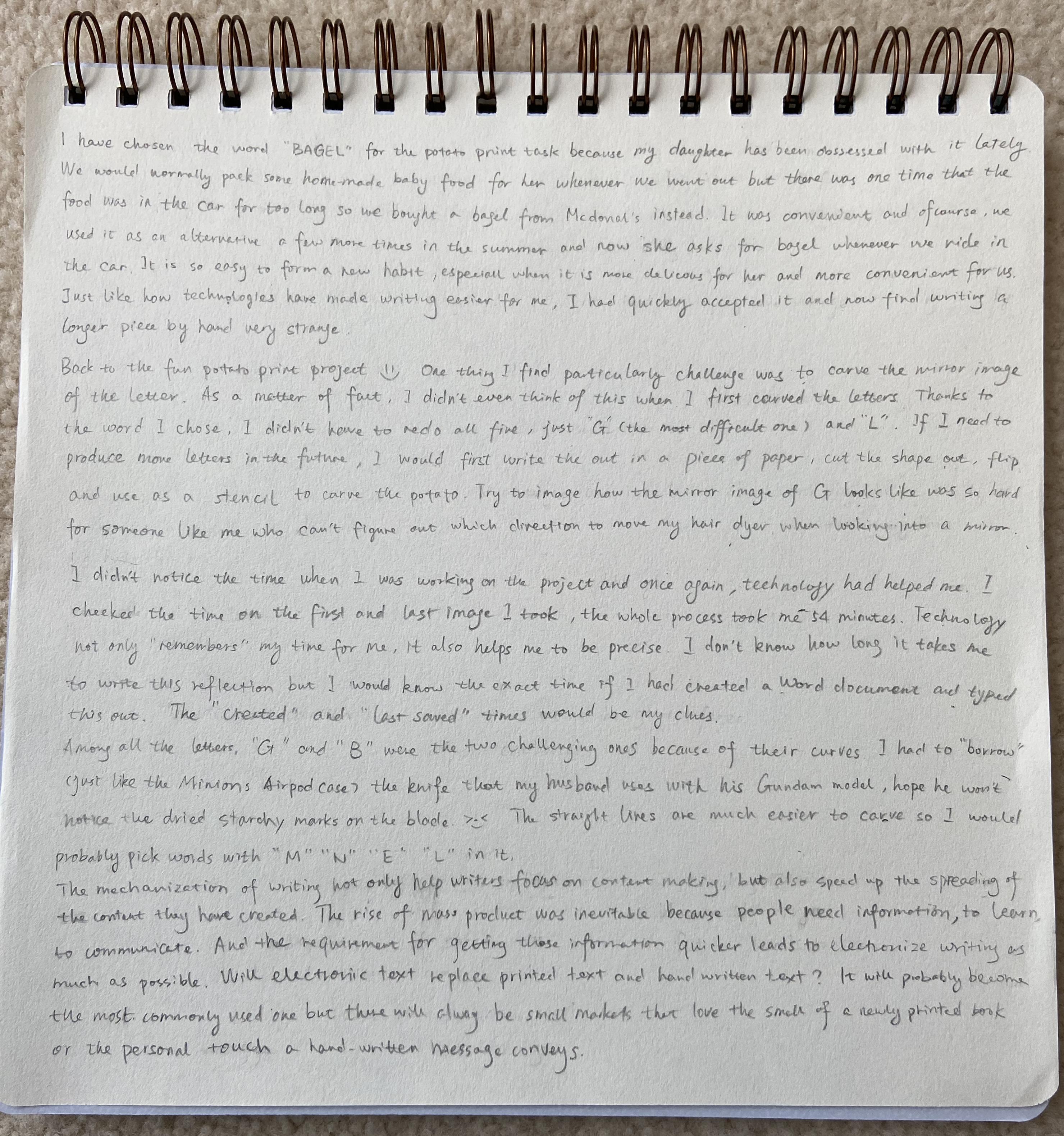
Starting to write the reflection by hand was more challenging than I thought.
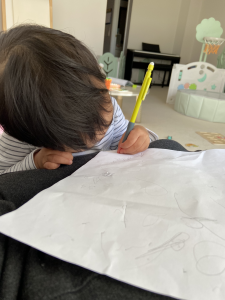
I have always written things by hand, and I love buying pretty pens and notebooks. I thought it would be easy to write a 500 words piece, but it takes me more time than creating the potato stamps. Well, partially was because I had too much “help” from the little one who was so fascinated with the pencil and paper.
It occurred to me that all I have written in the past ten years were grocery lists, meeting notes (just some keywords), cheques, nothing more than 100 words for sure.
Technologies have spoiled us with the easy deleting, copying and pasting, and grammar and spelling check option. I almost forgot how much planning it takes to write a complete piece, even just as few as 500 words.
I had drafted an outline before I started to write. It did help, but I still had to edit the text many times along the process. I had thought about this, so I have chosen to use a mechanical pencil to write. If I had picked a pen, I would probably use the correction tape or white-out. I know I can use the proofreading marks, but I will probably need to provide a legend since I, for one, would be very lost if I see a mark like this “][” .
[Challenge] Do you know what does ][ represent in proofreading?
Analyzing the Mannula Script
Below is my analysis of my handwritten text. Honestly, I am ashamed of the many spelling, punctuation, and grammar mistakes I have made.
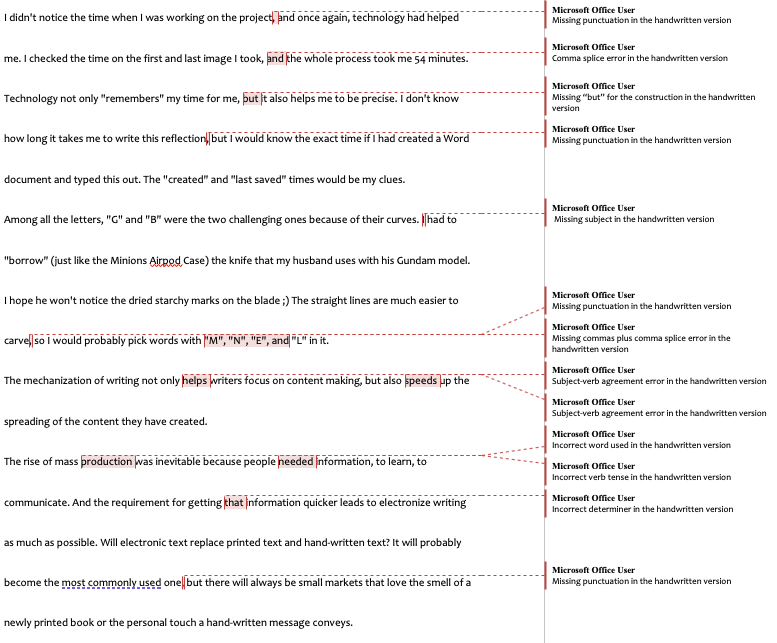
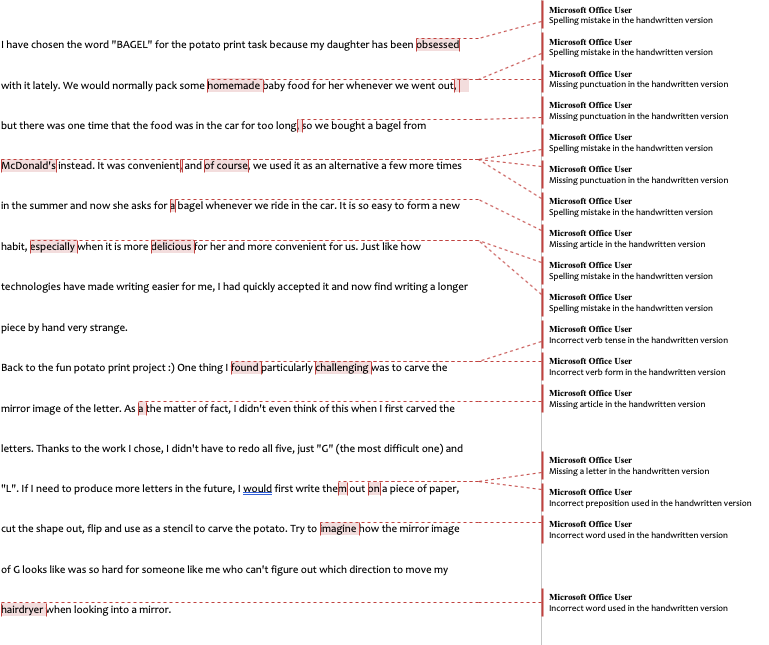
The top three mistakes that I made were:
- Misspelling
- Incorrect punctuation
- Incorrect verb (tense, form, subject-verb agreement)
The Mechanization of Writing
Similar to what Joe commented about the possible link between the mass production of books and people’s ability to read books (Lamb & McCormick, 2020, 27:25), I think there is also a possible link between mechanized forms of writing and our ability to write by hand.
Personally, I feel my ability to spell had declined significantly since the smartphone with spelling correction function became more affordable. The processors inside electronic devices are getting better and stronger every day, so there is less left for our brain to process. This is great as technology frees us from worrying about the writing basics, so more time can be focused on expressing our ideas (the content).
The same applies to reading because now we can easily access an electronic dictionary or translation services free of charge. We can even search the entire paragraph in the search engine to see if someone shares their understanding of this paragraph or if the author has shared some comments on the content.
What do you think is the definition of literate in today’s society? Is it the ability to read and write, or the ability to read and write with the help of electronic devices and the internet?
Contrary to what Ong believes that oral culture produces a powerful verbal performance of high human worth (Ong, 2002, p. 14), Joe commented, “there is a power in a written document to create a stability in a political sense” (Lamb & McCormick, 2020, 8:20). When I read and hear these two different comments on oral and written information, there are images in my head.
One is this farmer back in ancient China who did not know to read and write but gave an inspiring speech at a gathering. People followed his lead and started a revolution against the throne.
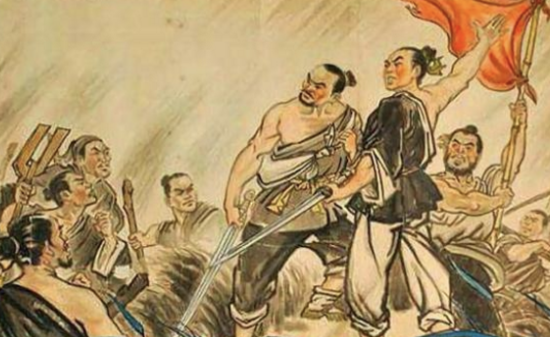
The other is a printed version of the constitution that you can refer to when needed.
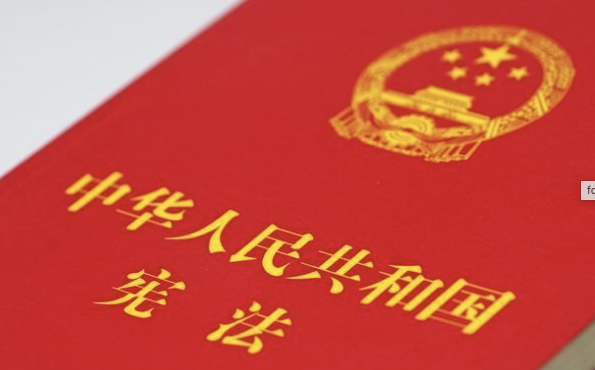
In my opinion, the mechanization of writing is inevitable in human development because there was no means to record an oral presentation before the recording device was invented.
The technology required for making prints is far lower than recording audio. Maybe things will start to change again. Just imagine if we can search content in videos, pull up a video clip, and see an oral explanation in its context. Anyone can create and edit videos by saying things aloud and uploading them in a storage place with infinite space. Everyone has a device (or implantation on the retina) that allows us to access these videos anytime we want. It is wild but maybe what replaces writing stuff, and we start to create things orally again 😉
References
Danny Cooke Freelance Filmmaker (2012, Jan 26). Upside Down, Left To Right: A Letterpress Film [Video]. YouTube. https://youtu.be/n6RqWe1bFpM
juniper. (2015, August 3). Revamping Your Stuff With POTATO STAMPS [Video]. YouTube. https://youtu.be/tRKyECgL1wY
Lamb R., & McCormick, J. (Hosts). (2020, May 26). From the Vault. Invention of the Book (Part 1) [Audio podcast episode]. In Stuff To Blow Your Mind. iHeartRadio. https://tinyurl.com/35p3av8x
Ong, W. J. (2002). Orality and literacy: The technologizing of the word. Routledge.
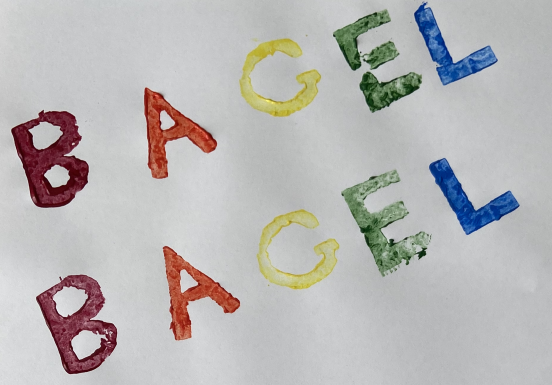

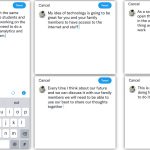

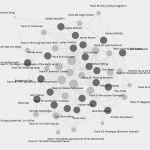

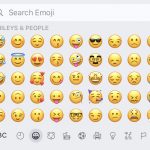

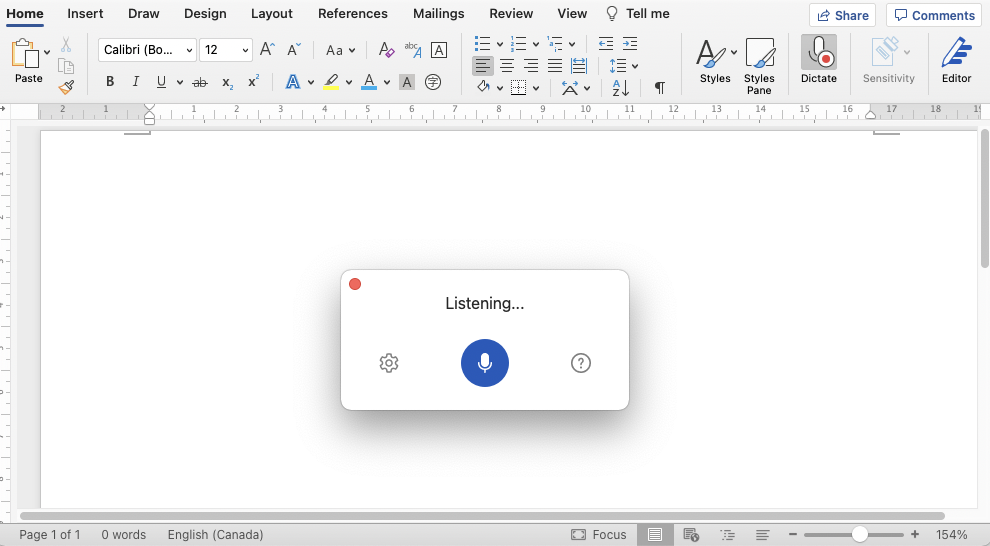

chowey
October 3, 2021 — 3:45 am
Hi Ping,
I really enjoyed reading your post and I think it was quite brave of you to type up your handwritten text and to allow the software to identify the mistakes that were made. I wondered about this with my own manual script but didn’t do it so I am impressed you did.
One point I found quite interesting is that you felt that your spelling accuracy has declined with the aid of spelling correction functions. I have found the opposite with my own spelling. Mainly because when I misspell a word electronically the software offers suggestions and shows me the correct spelling in real-time. The reminders (some too frequent) help me to see the correct spelling repeatedly and I feel I have been able to correct my spelling quicker (maybe I am a visual learner). This is far less likely to happen with me if I were to rely on a physical dictionary. You also mention that “technology frees us from worrying about the writing basics” but I think I have become more aware of the conventions of writing because of the use of technology (for the same reasons mentioned in relation to spell check).
I am still far from perfect when it comes to writing flawlessly but I am thankful that I have technology to help me improve. I’m curious if you have identified specifically why you feel your spelling has declined because of spell check?
Thanks,
Chris
ping cao
October 3, 2021 — 11:17 pm
Interesting to see that we have the same experience but different outcomes. The technology helps me correct errors and sometimes does it automatically, so I started to pay less and less attention to what I wrote incorrectly because I knew the technology would catch my errors (most of the time). I usually write the whole piece, then proofread it in grammar and spelling check software and correct all my mistakes all at once. Completing those corrections all at once in a short period of time means I am not spending time studying from my mistakes at all, therefore, no retention of any knowledge.